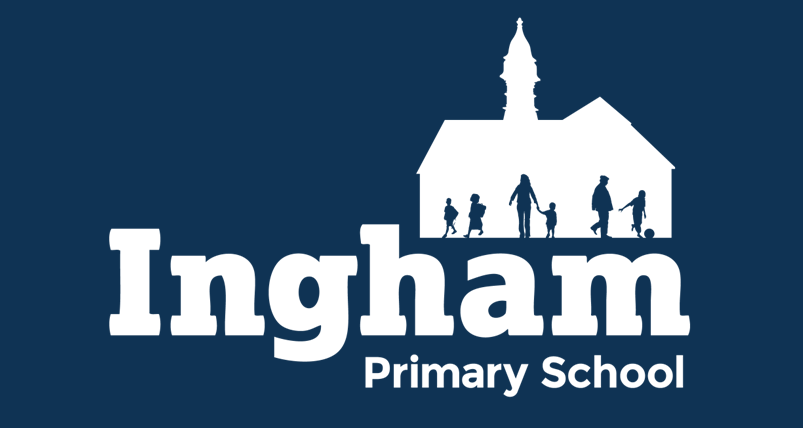RE
So how does our Curriculum Vision become a reality? Find out about the teaching of RE at our school here.
Intent
At Ingham Primary School we follow the Lincolnshire Agreed Syllabus for Religious Education. The aim of the syllabus is to produce pupils who understand a range of religions and able to hold balanced and informed conversations about religion and belief.
Community and respect are two of our school values. We believe it is essential that our pupils are given an opportunity learn about a range of religions and world views, enabling them to develop respect and sensitivity for others; preparing them for life in modern Britain.
Implementation
Our curriculum is based around Big Questions and is designed around the key concepts of believing, living and community. Teaching engages and challenge pupils providing opportunities for them to reflect on their own experiences and provide a safe space for discussion and spiritual development.
We explore authentic religious material, e.g. sacred texts, visit places of worship and engage with people of faith. We present religious belief as a real, lived phenomenon, not something exotic or belonging to the past. We teach that within each religion variations in beliefs and practices exist. We take into account the increase in number of people with non-religious beliefs and identities. Our RE curriculum reflects global issues such as climate change and social inequality.
Pupil in reception learn about our beautiful world and are introduced to the concepts of belonging, special people, books, things and place.
In Year One, children learn about Islam and Christianity.
Hinduism is introduced into our curriculum from Year Two.
From Year 5 pupils will also learn about Buddhism and Humanism in addition to Christianity, Islam and Hinduism.
Inclusion: Support is given during lessons to remove any literacy barriers. All learners are extended and given opportunities to demonstrate a greater depth of understanding through targeted questioning which requires more reasoned answers and making greater links across and between religions.
Intended Impact
Pupils will develop key skills in RE to enhance learning:
- Investigation and enquiry: Pupils will be able toask relevant and increasingly deep questions; using a range of sources and evidence, including sacred texts; identifying and talking about key concepts.
- Critical thinking and reflection: Pupils will be able toanalyse information to form a judgement; reflecting on beliefs and practices, ultimate questions and experiences.
- Empathy: Pupils will be able to consider the thoughts, feelings, experiences, attitudes, beliefs and values of others; seeing the world through the eyes of others.
- Interpretation: Pupils will be able to interpret religious language and the meaning of sacred texts; drawing meaning from, for example, artefacts and symbols.
- Analysis: Pupils will be able to distinguish between opinion, belief and fact; distinguishing between the features of different religions.
- Evaluation: When enquiring into religious issues pupils will be able to draw conclusions with reference to experience, reason, evidence and dialogue.
Measuring Impact: Barriers to learning will be removed to ensure there are no significant gaps in the progress of different groups of pupils (e.g. SEN and non-SEN leaners). We measure impact of our curriculum by reflecting on standards achieved against the planned outcome. If children are keeping up with the curriculum, they are deemed to be making good or better progress.
